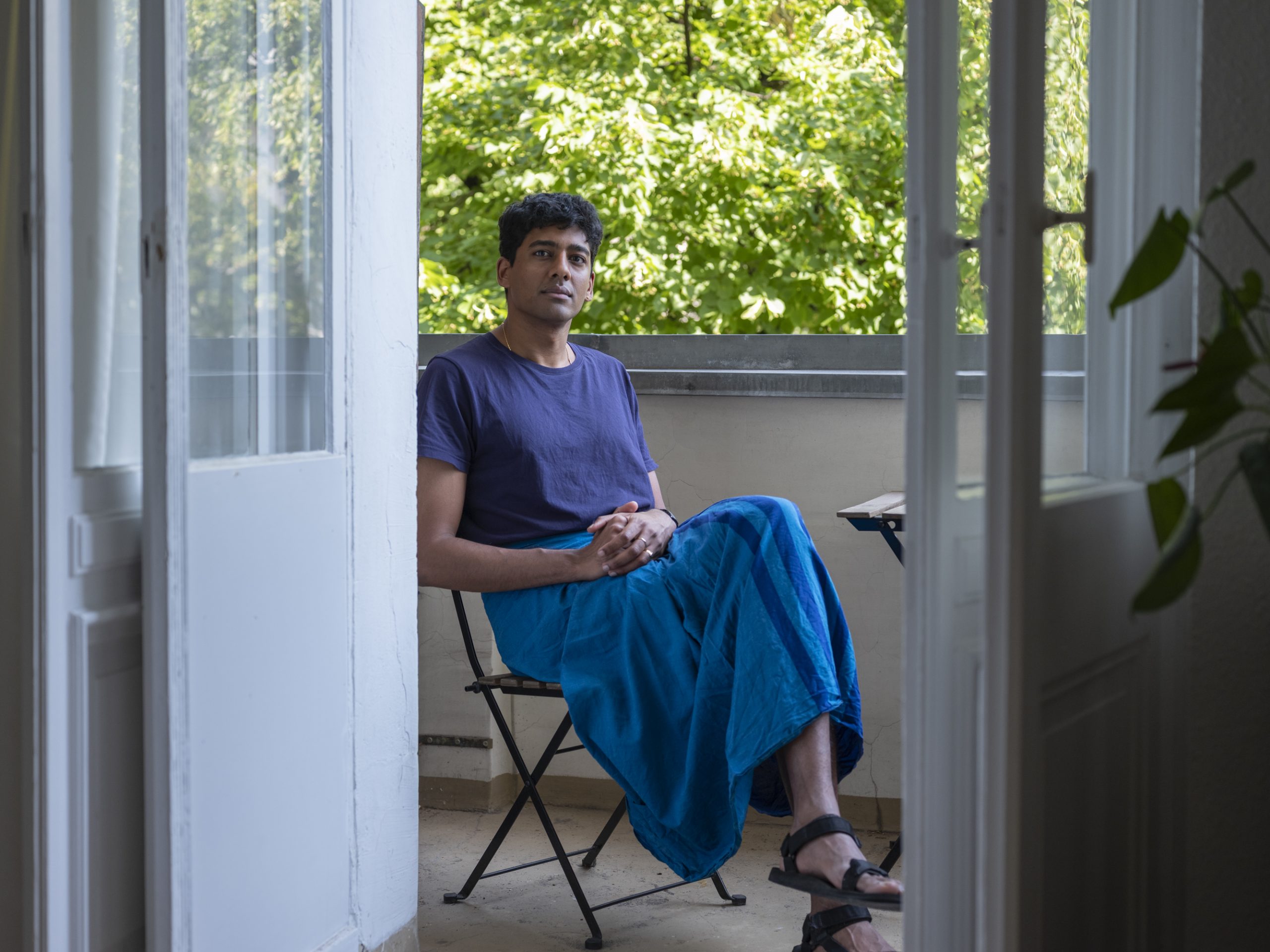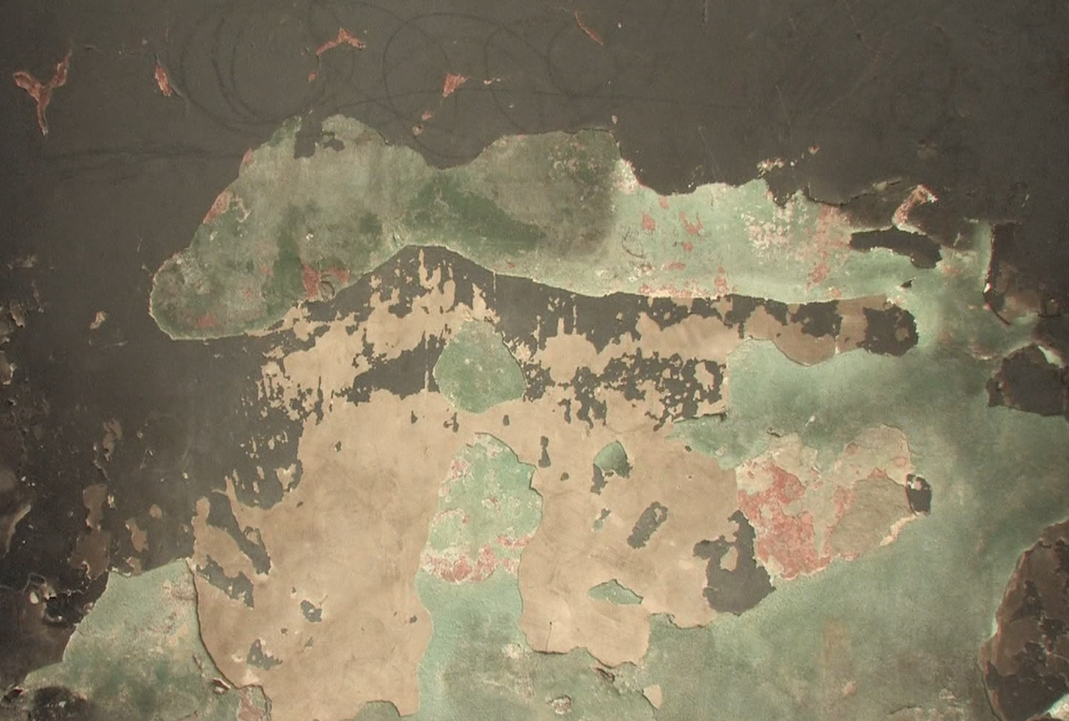Sri Lanka, Literature, 2022
Anuk
Arudpragasam

The first sound is the sound of destruction. The first sound: knows no mercy. And perhaps this is the only way we can speak about a war that, like any war, imposes an order on everything, for it will always have happened before everything, every future, and every night to come: speaking of it by examining things, isolated ones and lonesome ones, as they present themselves, time and again, from the vantage point of annihilation, its capacity and its completion; as they appear from inside the dream of violence and its reality and materiality; as they appear from among ruins and limbs, stones and a scrap of skin. The Tamil Eelam writer Anuk Arudpragasam tells us a story about this last distressing object, of a brief marriage and a road north. Of the innermost things, in the measurable sector of the body.
The first sound is the sound of destruction. The first sound: knows no time. During the 25 years and 10 months of the civil war in Sri Lanka, between 80,000 and 100,000 people were murdered, according to official figures, but the obscurity in the numbers suggests 300,000. Arudpragasam’s first novel, The Story of a Brief Marriage, tells a story about the genocide of the Tamil minority in northeast Sri Lanka, as orchestrated by the Sinhalese government and executed by the Sri Lankan military, about one day and one night during that war. His second novel, A Passage North, returns to the site of negation: years after the bombs, the grenades, after teeth were buried in sand. Arudpragasam is a writer of philosophical introspection and phenomenological precision. In A Passage North, he dwells in the body’s most inaccessible terrain: in painstaking contemplation, and in the nuanced rigor of a consciousness that articulates itself in the clarity of hypotactic immanence, and, time and again, in details: in isolated things, and in the loneliest things, which can only testify to the violence that produced them.
The first sound is the sound of destruction. The first sound: knows no space. Arudpragasam’s second novel has three German-language writers as godfathers: From Thomas Bernhard, the author learned the musicality of the unbroken sentence; from WG Sebald the reflections on absence and the most dreadful loss; and from Robert Musil the inventory of systematic thinking. Yet particularly due to its philosophical concreteness, Arudpragasam’s language has such proximity to its subject, which it turns over, opens up, and carries forth, like a bundle of wounded flesh, rendering it corporeal, and physical, at every endpoint. And perhaps this is the only way to tell a story about that war: as Arudpragasam does, by counting the seconds of things, by exhausting oneself with things, by being incapable of resurrecting the dead. Until the ruins, the severed limbs, and the little scrap of skin are longer forgotten.
Text: Senthuran Varatharajah
Translation: Jake Schneider
The Story of a Brief Marriage
Flatiron Books, New York, 2016
Passage North
Hogarth Press, London, 2021





